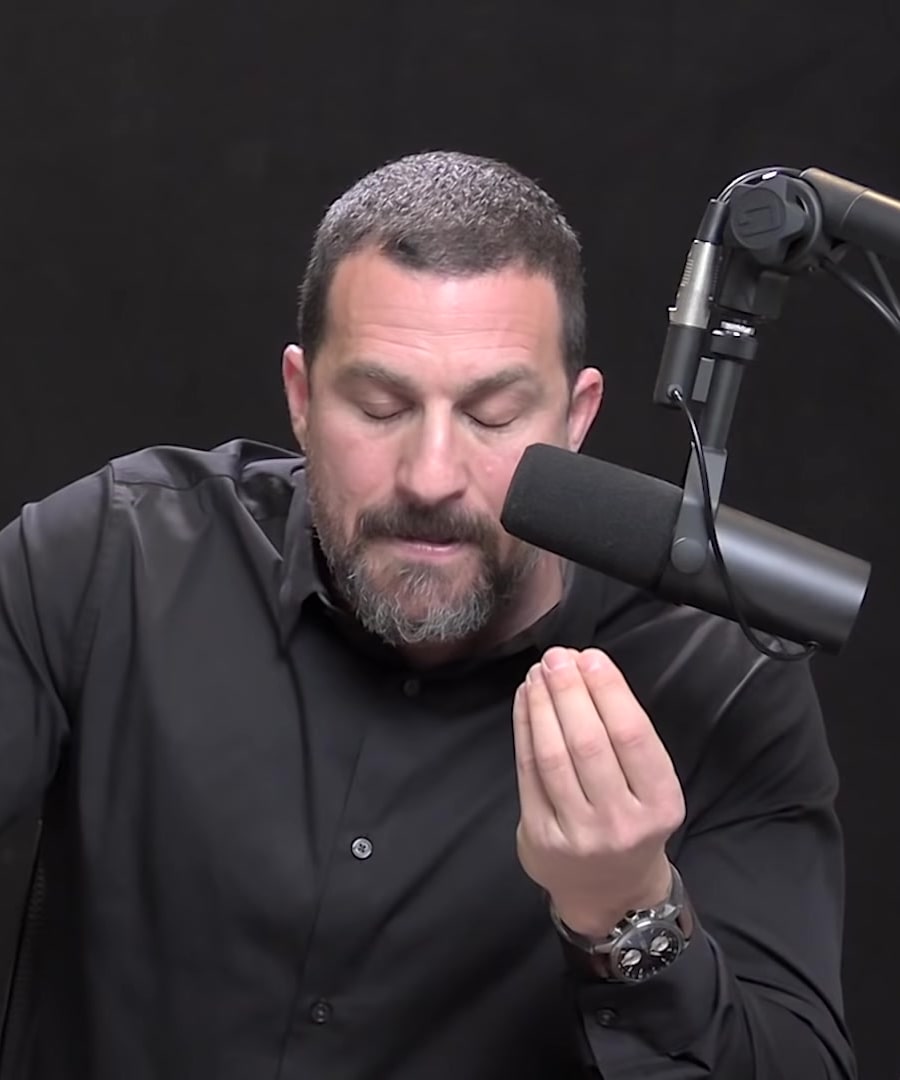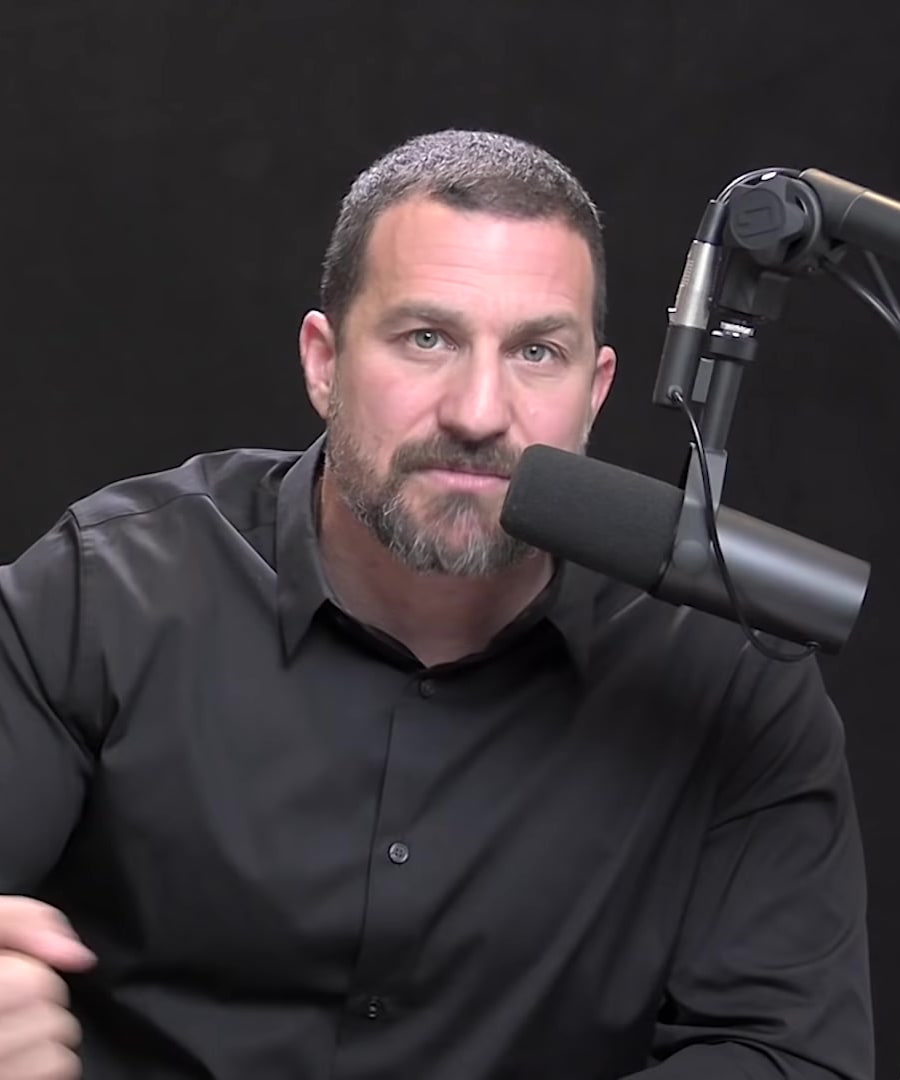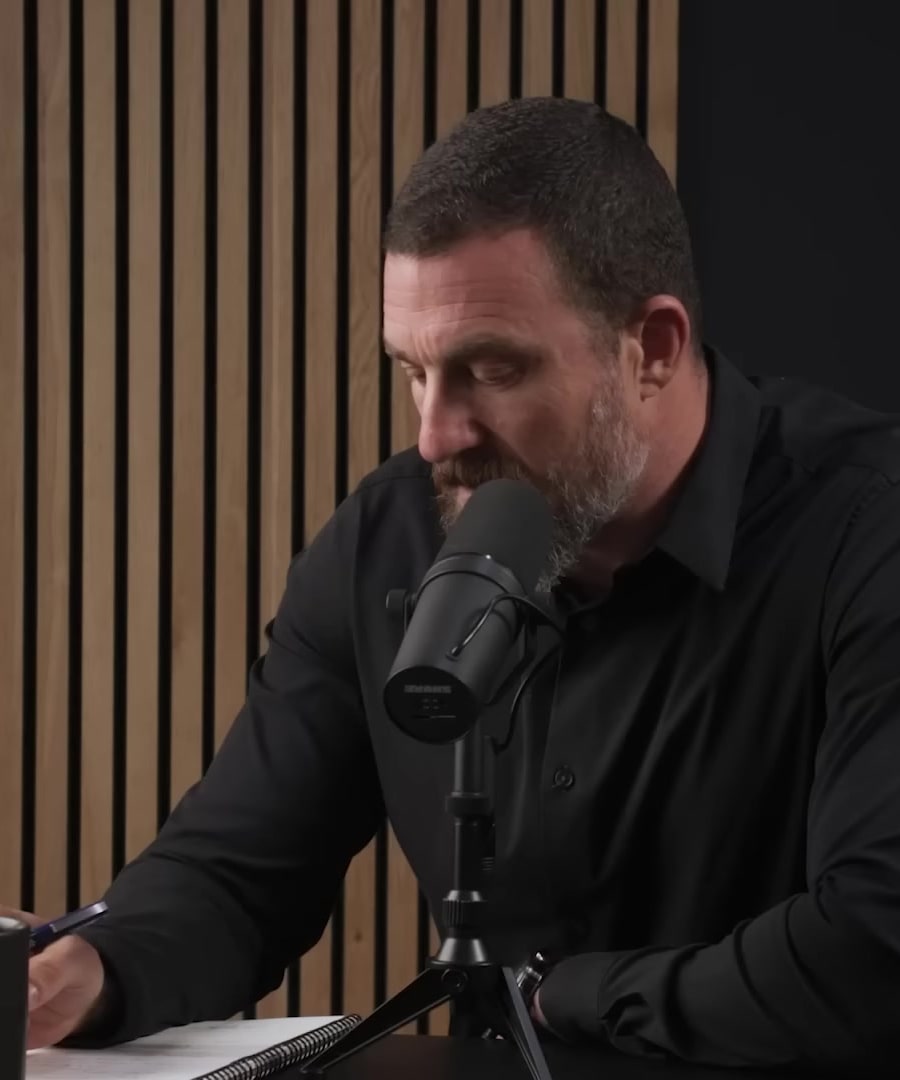Behavior tools stress
Sources:
suggests various behavioral tools to help manage stress, including a physiological sigh for rapidly calming down, employing breathing techniques, and certain exercises to raise the stress threshold. Here's a summary of key tools mentioned in :
-
Physiological Sigh: A rapid way to calm down, involving specific breathing patterns that directly control heart rate through the sympathetic and parasympathetic nervous systems' interactions 1.
-
Breathing Techniques: Regular use of breathing techniques can significantly reduce stress. It's about modulating reactivity and stress in real-time, without needing to withdraw for lengthy relaxation rituals 2.
-
Non-Sleep Deep Rest (NSDR): NSDR protocols can replenish the ability to focus and lean into various activities. These are safe, typically involve listening to a script, and are highly beneficial in coping with stress 3.
-
Raising Stress Threshold: Practicing to tolerate slightly increased adrenaline and learning to mentally calm oneself even when physically activated can lead to an increased capacity to handle stress over time 4.
-
Potential Impact of Stress: It's essential to distinguish between short-term and long-term stress. The occurrence of stress throughout the day isn't inherently bad, but chronic, elevated stress can hinder sleep and overall health 5.
-
Managing Overthinking: Strategies to manage recurring stress thoughts include rationalizing the basis of stress, diverting thinking away, and being mindful of where stress is held in the body 6.
Understanding these tools and their scientific underpinnings can lead to greater empowerment in managing one's stress response 7. Moreover, managing these responses is crucial for maintaining a healthy relationship with sleep and everyday functionality 3.
RELATED QUESTIONS-
Behavior tools stress
- RELATED QUESTIONS





